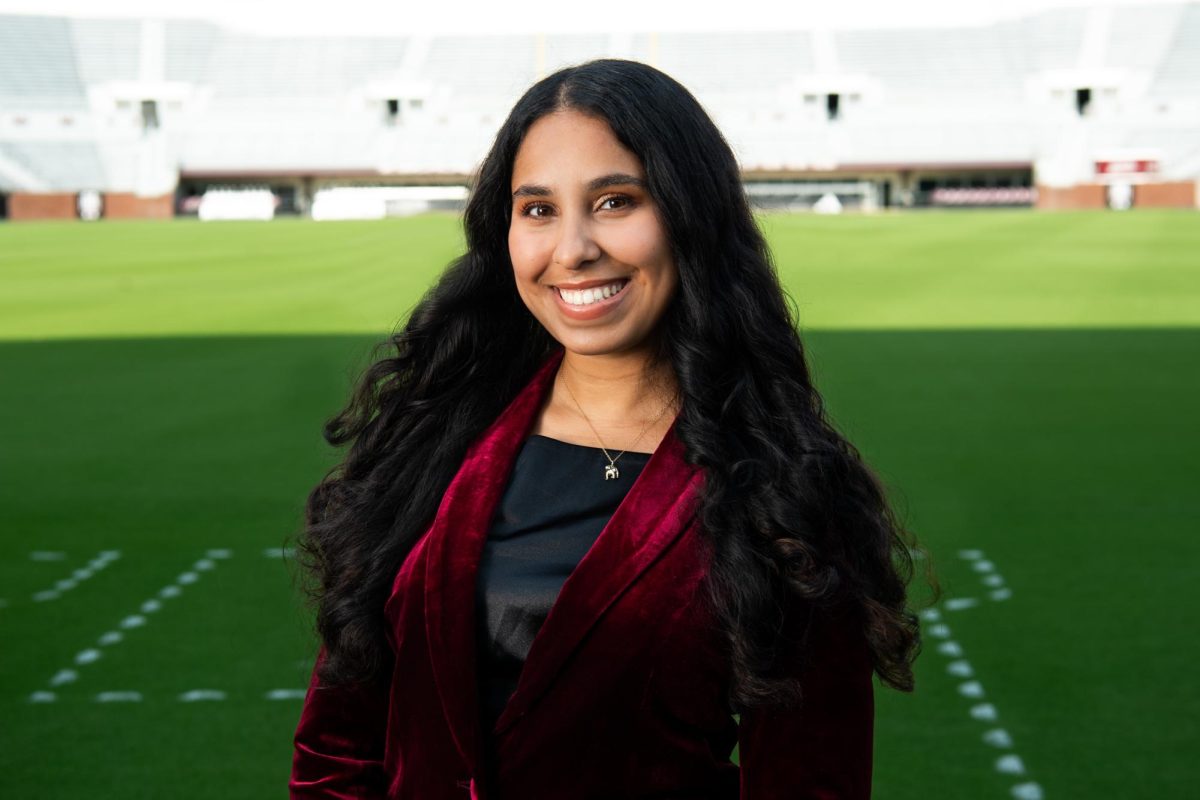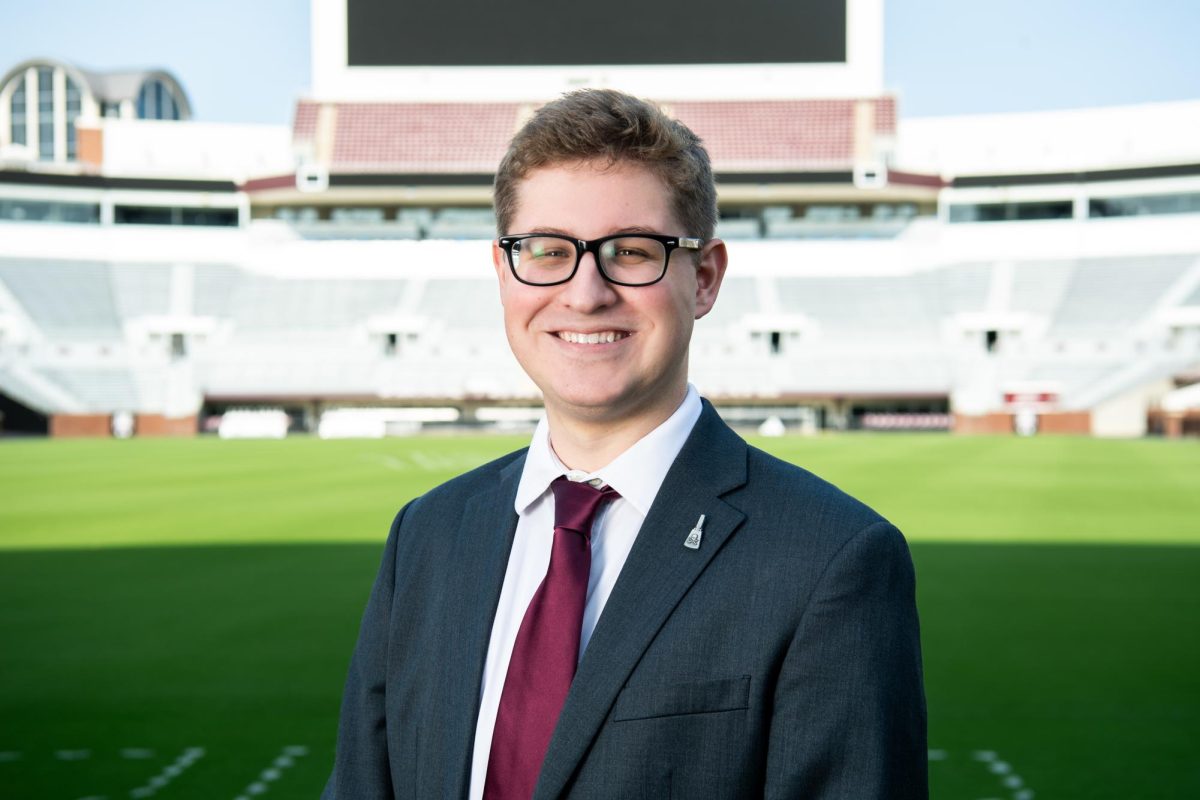On Tuesday, Feb. 18, Mississippi State University’s Holmes Cultural Diversity Center and Men of Excellence Chapter will be hosting the third annual State of Black Men Symposium in the Colvard Student Union Foster Ballrooms. This year’s theme is “Breaking Barriers but Accepting Challenges.”
The State of Black Men Symposium is a day-long program offered biannually. The purpose of the symposium is to allow participants to understand the challenges that impact the success of black men.
Participants will engage in a series of workshops designed to address systematic and social structures while also gaining the tools necessary to nurture an inclusive environment.
Timothy Hopkins, associate director of the HCDC, said he believes the symposium can be the push students need to complete their degrees.
“Students will have the opportunity to engage in purposeful dialogues that will validate their lived experiences, while being motivated and inspired toward educational achievement and degree attainment,” Hopkins said.
This year’s workshop lineup features talks from familiar faces at MSU to business owners and professors from other universities.
Angel Brutus, the director of Counseling and Sports Psychology for MSU Athletics, will present a talk entitled “Stereotype Threat and the Black Male: Increased Awareness Begets Increased Responsibility” at the symposium.
Brutus defines “stereotype threat” as a situational threat in which being negatively stigmatized results in an emotional response that interferes with the ability to perform due to the fear of being reduced to the assigned stereotype.
“It is a complex phenomenon related to a number of factors driven by the perceptual, social, historical and institutional influences that threaten one’s identity and ability to achieve optimal performance,” Brutus said.
Her talk will include prevention for underperformance in students. Brutus said underperformance can be caused by a student overexerting his or her efforts into the very task in which he or she is trying to excel in.
When this is combined with the threat of social categorization, the desire to enhance esteem in comparison to others becomes so overwhelming that performance can falter.
“Individuals have engaged with protective factors such as paying attention to the meanings placed on interactions or disparate treatment,” Brutus said. “Creation of self-narratives further protect against threats by way of reinforcing a strong sense of self to mediate conflicting social, environmental and social cues.”
Every speaker at the symposium was able to select his or her own topic. Other talks will include “Dress for Success: The Dapper Look” which is facilitated by Executive Men’s Suits owner, Robert Ford; “We Real Cool, But Are We Well?” by MSU assistant professor Qiana Cutts; keynote speaker Samuel Jones; and more.
Hopkins said HCDC’s hopes all students will attend the State of Black Men Symposium.
“The symposium isn’t limited to just male students. Our hope is that our entire Mississippi State student family will attend the symposium,” Hopkins said. “Our sessions are sure to provide students with the opportunity for growth and development.”
Ra’Sheda Boddie-Forbes, director of the HCDC, said the symposium is not solely for black male students, but rather, for anyone invested in the success of students.
“This symposium particularly addresses the issues of black men because there are various aspects of social structures and constructs that impede on the success of black men,” Boddie-Forbes said. “This symposium will help contextualize the challenges and provide tools to nurture an inclusive environment.”
The State of Black Men Symposium is meant to close the achievement gap for African-American men and enhance the experience of men of color through involvement and engagement, Boddie-Forbes said.
The theme, “Breaking Barriers but Accepting Challenges,” was chosen by the Men of Excellence student group, an organization that strives to promote the personal, professional and social growth of underrepresented males.
“I believe that the student groups recognize that there are various factors that impede on the retention and success of men of color, but they are willing to rewrite the narrative as a means to be successful within the institution,” Boddie-Forbes said.
Advanced registration for the State of Black Men Symposium is encouraged for any non-university affiliates, but MSU students, faculty and staff are not required to register. A registration form can be found on the Colvard Student Union’s website.
State of Black Men Symposium breaks barriers, accepts challenges
0
More to Discover




















































































